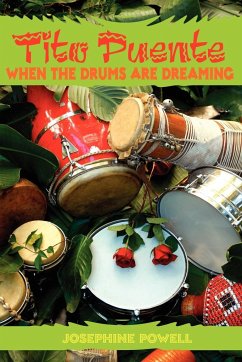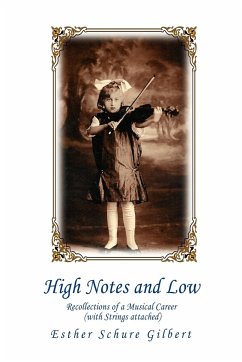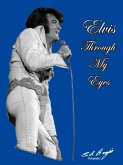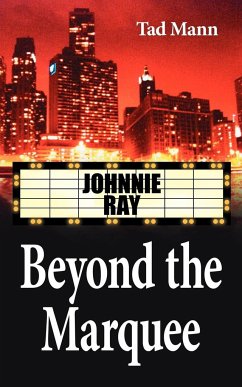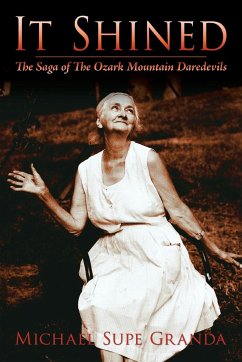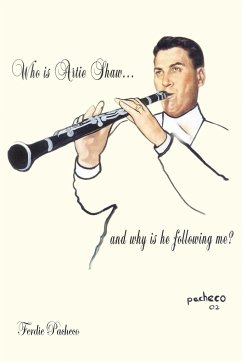Ernesto "Tito" Puente born in 1923 in Spanish Harlem is a tale about an impoverished Puerto Rican boy who grew up with the advent of radio and American swing bands. At age ten he aspired to be a dancer: another Fred Astaire. An ankle injury gave him the opportunity to explore his talent as a musician. At fourteen he won the coveted Benny Goodman, Gene Krupa drum contest. Tito became a master percussionist. His instrument was the timbales, a pair of cylindrical drums beat upon with sticks. When he joined the dynamic Machito Orchestra at seventeen he saw a spiraling future until the Japanese attack on Pearl Harbor December 7, 1941 took him off to war. With the smell of kamikaze deaths, battle smoke, and torpedoes flying he sounded taps for the dead in the morning while he led a makeshift orchestra delivering lovable American wartime tunes in the afternoon. He returned home wounded, weary and jobless. Puente's tale should have been the story of every returning American GI, who went off to war, came home to his sweetheart, attended school on the GI Bill, raised a family and settled down in a white cottage. Things were not that way. After the war his obsession for Cuban music drove him to Havana. He attended secret meetings of Santería, an Afro-Cuban religious cult with its roots steeped in mysticism often times referred to as black magic. With the lure of the sacred batá drum he discovered a world of rhythms never heard by a white mans ear. He found himself inside the beat, and thoroughly possessed. Soon Tito became a devotee of Santería and used those drum patterns and calls, which were the mainstay and backbone of his music. Today this hot hypnotic music is known worldwide as salsa.
Hinweis: Dieser Artikel kann nur an eine deutsche Lieferadresse ausgeliefert werden.
Hinweis: Dieser Artikel kann nur an eine deutsche Lieferadresse ausgeliefert werden.

